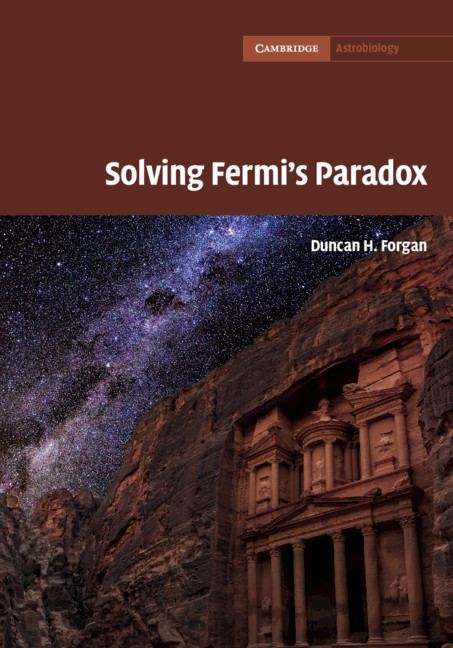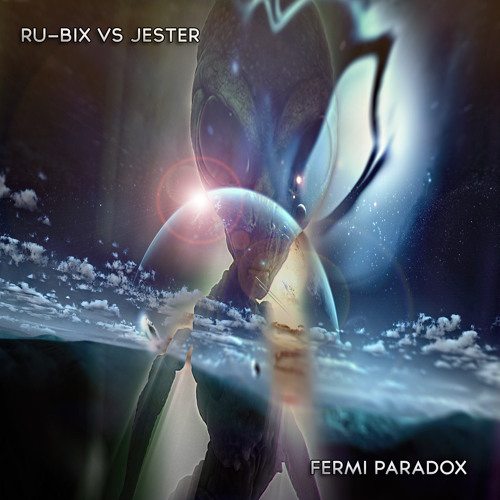


Since gaining a BSc in physics from the University of Bristol and a PhD in theoretical physics from the University of Manchester, Stephen Webb has worked in a variety of universities in the UK. Read this book, and whatever your views are about life elsewhere in the Universe, your appreciation for how special life is here on Earth will be enhanced A worthy addition to any personal library." (Philip Bridle, BBC Radio, March, 2003) 'Where is everybody' will be enormously informative and entertaining. For anyone who enjoys a good detective story, or using their thinking faculties and stretching the imagination to the limits.

that reveal a clearly reasoned examination of what is known as 'The Fermi Paradox'.

An excellent book for anyone who has ever asked 'Are we alone?'." (W. by considering a very broad set of in-depth solutions that he addresses through an interesting and challenging mode of presentation that stretches the mind. Each solution is presented in a very logical, interesting, thorough manner with accompanying explanations and notes that the intelligent layperson can understand. "Amidst the plethora of books that treat the possibility of extraterrestrial intelligence, this one by Webb. In this second, significantly revised and expanded edition of his widely popular book, Webb discusses in detail the (for now ) 75 most cogent and intriguing solutions to Fermi's famous paradox: If the numbers strongly point to the existence of extraterrestrial civilizations, why have we found no evidence of them? Why, then, have we encountered no evidence, no messages, no artifacts of these extraterrestrials? The sheer enormity of the numbers almost demands that we accept the truth of this hypothesis. Given the fact that there are perhaps 400 billion stars in our Galaxy alone, and perhaps 400 billion galaxies in the Universe, it stands to reason that somewhere out there, in the 14-billion-year-old cosmos, there is or once was a civilization at least as advanced as our own.


 0 kommentar(er)
0 kommentar(er)
